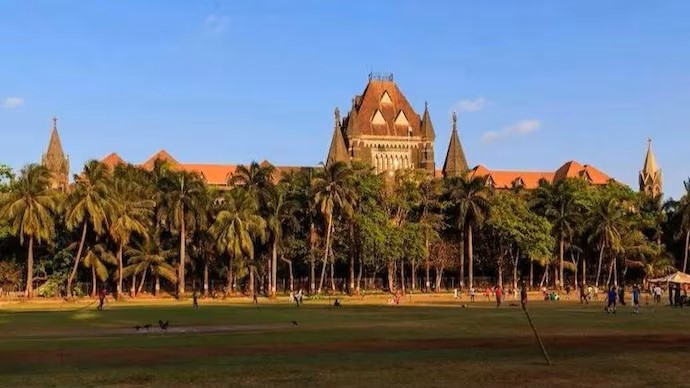16 Jun. 24: In a significant ruling, the Bombay High Court has overturned the Maharashtra government’s ban on animal slaughter during Eid al-Adha and Urs at the dargah within the Vishalgad Fort premises in Kolhapur. The court deemed the prohibition “absurd” and allowed the continuation of the age-old practice, benefiting 107 families residing in the area.
A bench comprising Justices BP Colabawalla and Firdosh Pooniwalla reviewed multiple petitions challenging directives from various state authorities, including the Director of Archaeology and Museums and the Superintendent of Police, Kolhapur. The directives had prohibited animal and bird slaughter at the Vishalgad Fort, citing the Maharashtra Ancient Monuments and Archaeological Sites and Remains Act and Rules, which restrict cooking and food consumption within protected monuments.
Government representatives argued that animal slaughtering would lead to food consumption, an activity restricted in protected monuments. However, the petitioners, represented by advocates SB Talekar and Madhvi Ayyappan, contended that the Act differentiates between a ‘protected area’ and a ‘protected monument,’ suggesting that the restrictions did not apply to the entire fort region.
The court acknowledged that while Vishalgad was declared a protected monument in 1999, slaughtering activities continued without any issue until February 2023. The bench noted that enforcing the ban would force residents to cook and consume food outside their homes, which it deemed an unreasonable interpretation of the Act.
“For 24 years, the authorities did not consider the slaughtering activities a violation of the Act or the rules,” the bench observed. The court ruled that the petitioners could conduct animal slaughter for Eid al-Adha on June 17 and Urs until June 21, provided the activities take place on private land and not in public or open spaces.
This decision has been hailed as a relief for the families involved, allowing them to observe their religious traditions without legal hindrance.




